Would You Live In A Jiko Bukken?
Renting A Stigmatized Property
Cheap housing in Japan can come with eerie implications.
Finding a safe, well-maintained, and reasonably priced home in Japan takes a lot of work. The more things you need an apartment to have, the more likely you are to run into trouble of one sort or another. So when you find an apartment that has a lot of amenities but a very cheap price tag, that instantly raises the question: why? Nine times out of ten, the reason for the location’s low price tag is that it is a jiko bukken.
What is a Jiko Bukken?
A jiko bukken (事故物件) is known in English as a stigmatized property. It may also be referred to as a shinriteki kashi bukken (心理的瑕疵物件) or “property that may cause psychological harm.” Generally speaking, what this means is that, while there is nothing currently wrong with the apartment/location physically, there is something “off” about it that could make living there less than ideal.
while there is nothing currently wrong with the apartment/location physically, there is something “off” about it
Right away, most people assume that there was a death in the house, be that by suicide, murder, accident, or natural causes, but that isn’t necessarily the case. Other more common reasons for a property being listed as a jiko bukken include:
- Damage: Any building that has had a history that includes fires, flooding, asbestos removal, gas leaks, mold, animal infestations, and so on.
- Location: Constructed over an old well or spring, located near a waste treatment facility, chemical plant, tourist destination (noise issues), graveyards/crematoriums, or high road traffic/accident areas.
- Criminal Involvement: Having been owned/located near known criminal gangs, or was used as a base for non-violent crime (a brothel, drug den, phishing scam office, etc).
- Human Issues: It may have been owned by a cult, had ownership problems complications (inheritance/estate sales), was owned by a stalking victim (may be visited by stalker again), or someone with substantial debt.
- Fame/Infamy: It was used in popular media (the Juon house for example), owned by someone famous or infamous, or otherwise would be recognizable to the public as being “that building/apartment.”
Going back to the term shinriteki kashi bukken, the “psychological harm causing property”—this tends to be used in cases where a property could be considered dangerous to the occupant’s mental health by virtue of having someone living in them. That could be because of hauntings, particularly gruesome deaths, hidden damage that causes health problems (intermittent carbon monoxide leaks, recurrent toxic molds), and so on.
Wait a minute—Hauntings?
Hauntings are a legitimate reason for an apartment or house to be listed as a jiko bukken. Whether you believe in ghosts or not is neither here nor there—legally speaking, a location must be listed as one if the previous tenants reported it as such. Likewise in the case of a death in the property. The real estate agents/company don’t control a tenant’s experience in a home and are legally bound to report anything that the tenant said about it.
The majority of Japanese do not follow any form of organized religion—but do hold their own spiritual beliefs. These often include beliefs about ghosts or spirits. As a realtor told me “no matter what you believe, you know when something is different or not comfortable about a place—what reason you give for that feeling is entirely up to you, but we have to share it with future tenants.”
hauntings are a legitimate reason for an apartment or house to be listed as a jiko bukken
Some older real estate agencies also include apartments with the number four in them as potential jiko bukken listings. This stems from the association of the Japanese word for four, shi (四), and death, (死 shi), but this has been waning in recent years.
The legalities of renting a Jiko Bukken
Anyone that rents anywhere in Japan is given a disclosure document known as a Jyuyojiko Setsumeisho (重要事項説明書, Explanation of Important Matters) form. This document, which must be provided on paper and explained in person to the renter, sets out all the details of the rental agreement process.
Within that document, there is a section that will mention if there is anything you need to know about—kokuchi jiko ari (告知事項あり), which means “item of note”, basically. This is where they are legally obligated to tell you that what you are about to rent is a jiko bukken. However, there are a lot of grey areas with this.
While they technically have to inform the renter of any issues/stigma surrounding the property, whether to declare something as such is largely left up to the realtor’s discretion. Not only that, but the timing that the “incident” took place is a factor as well.
No matter what happened in a given location, realtors are obliged to tell successive potential tenants that it occurred. From my own apartment hunting experiences, realtors tend to mention buildings with location or damage issues for up to ten years after the fact, while crime or human-related issues tend to stop being mentioned after about five years. For deaths, it comes down to what the manner of death was (they won’t share any grisly details, of course), but ranges from two to ten years. However, famous buildings or those involved in particularly heinous events will be mentioned so long as the location is rentable.
there was nothing wrong with the apartment, but the combination of the suicide—and the number of the room itself—earned him a ¥90,000 discount compared to his neighbors
Note that I said obliged to tell successive tenants—not legally obligated. There is nothing to stop a landlord or realtor from renting an apartment to an individual for a month or two, or even “renting” it to themselves, in order to get around the need to notify successive tenants of a location’s jiko bukken status. This isn’t technically illegal, but isn’t very nice and has gotten some realtors caught up in civil court battles. This is why one of the most important things to remember when renting is to ask what the history of the location is and whether anything has happened there.
How cheap are they?
A friend of mine, when renting an apartment 30 years ago in downtown Tokyo, got a steal on the rent. He rented apartment #404 on the fourth floor of a nice building, that just so happened to be where a suicide took place. Not in the apartment though—the previous tenant had jumped from their balcony.
There was nothing wrong with the apartment, but the combination of the suicide—and the number of the room itself—earned him a ¥90,000 discount compared to his neighbors. He lived there for decades and saved a fortune all the while living within the Yamanote line area.
Nowadays though, there aren’t any hard and fast rules for what sort of discount a given type of jiko bukken warrants. From looking at different realtors’ websites and talking to agents, it seems that you can save anywhere from 15 to 30 percent off the average rent for a given area or building—the higher the discount, the “worse” the stigma being heavily implied.
The Jiko Bukken Boom
Finding a cheap place to rent while you save up money for a more permanent home elsewhere can make life a lot easier, and if that apartment is stigmatized, then there’s probably less competition for it, right?
Not necessarily. With the influx of people moving into Tokyo and other major cities, the number of elderly people dying alone in apartments (creating jiko bukken), and the high cost of rent, the practical and non-superstitious are snapping up jiko bukken almost as soon as they come on the market.
There are even real estate agents that specialize in listing jiko bukken. So if you’re in the market for a new home and don’t mind it being a stigmatized property, companies like Jobutsu Estate, or Jiko Bukken Wake Ari Bukken Jyoho Center are happy to assist.
Or if you’re curious as to whether you already live in a jiko bukken and don’t know it, the website Oshimateru is a jiko bukken, ghost hunter, or crime buff’s dream come true. Although available in English as well, the Japanese site is updated far more frequently by users and is considered very credible by casual and serious jiko bukken and true crime fans alike.

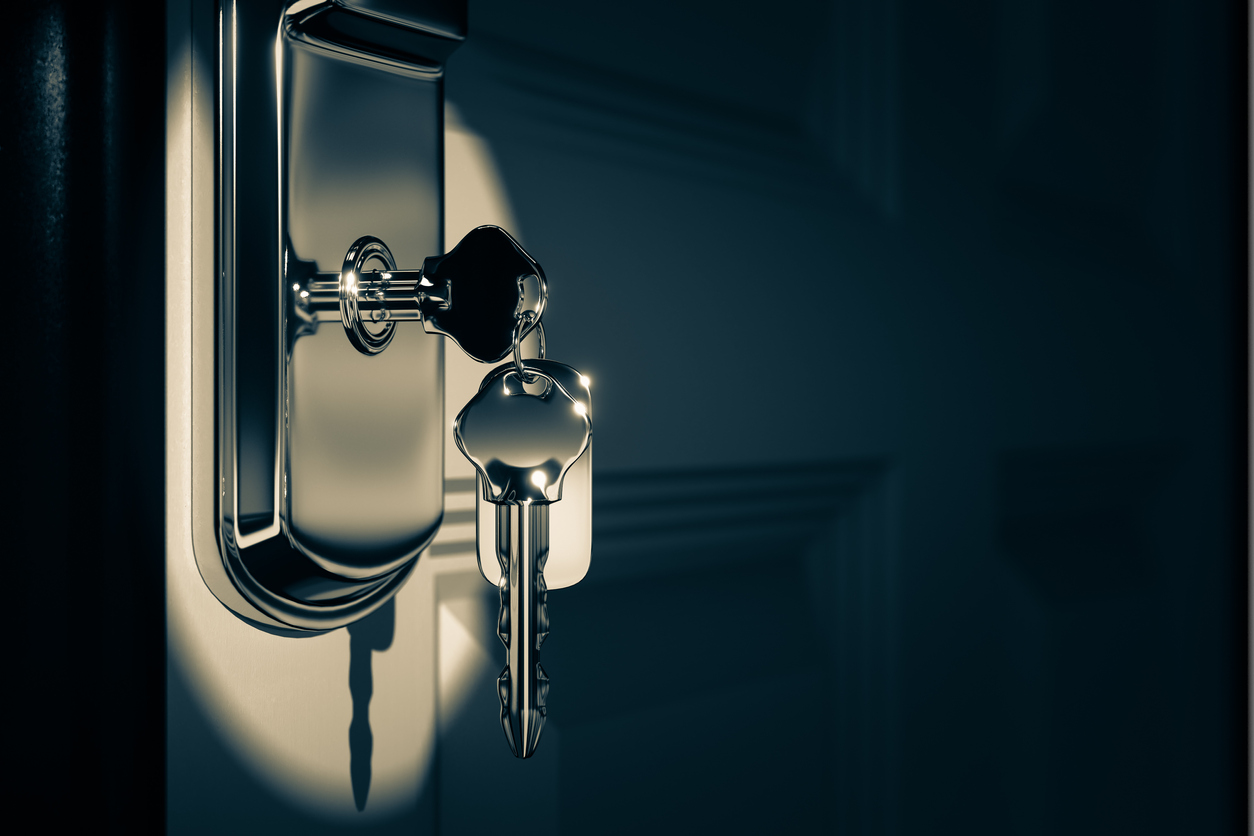

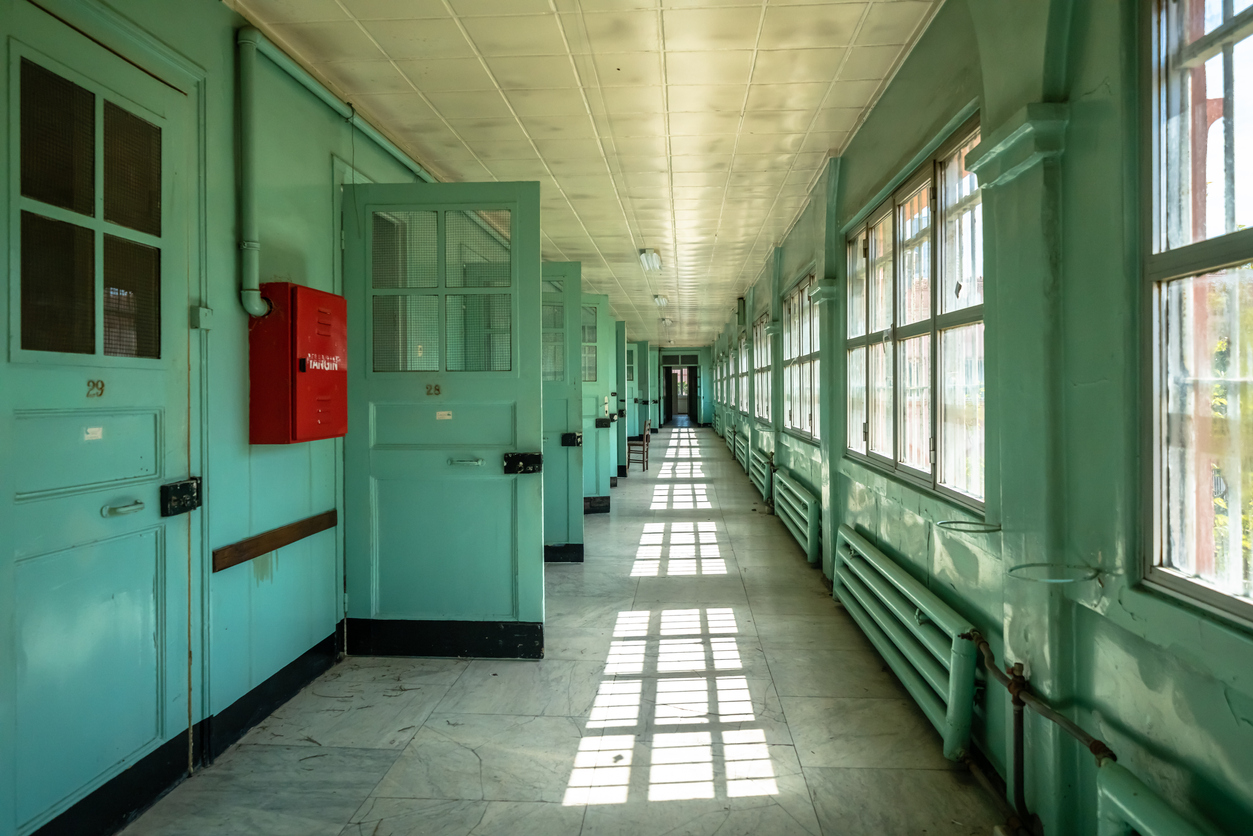
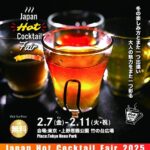

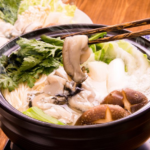
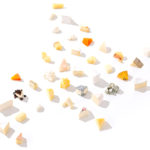
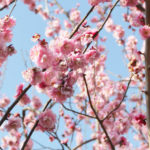






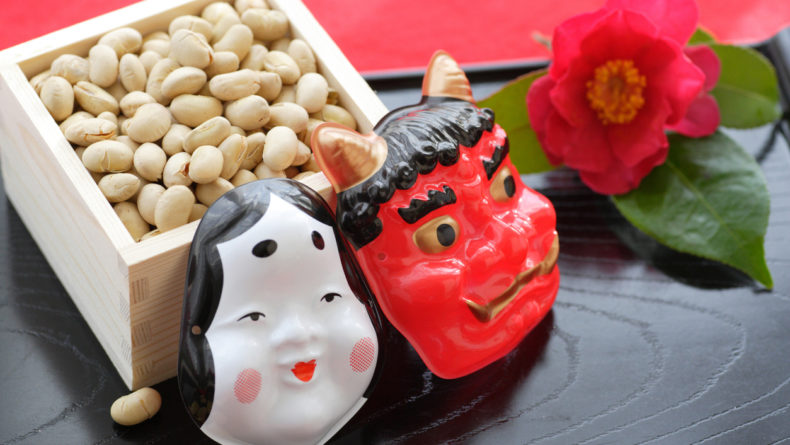


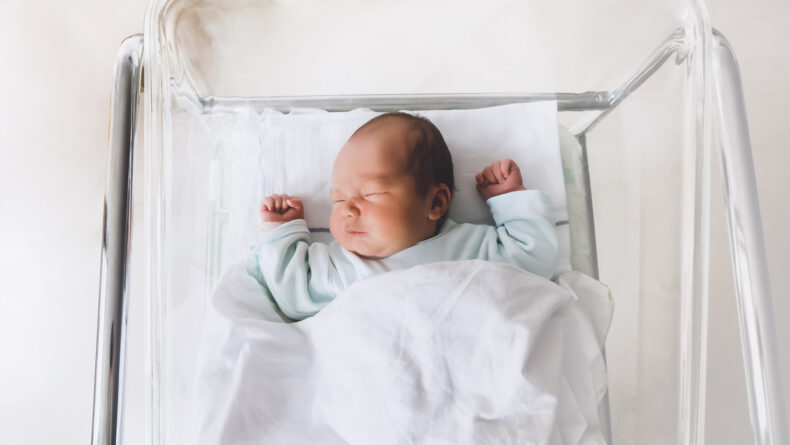
Leave a Reply